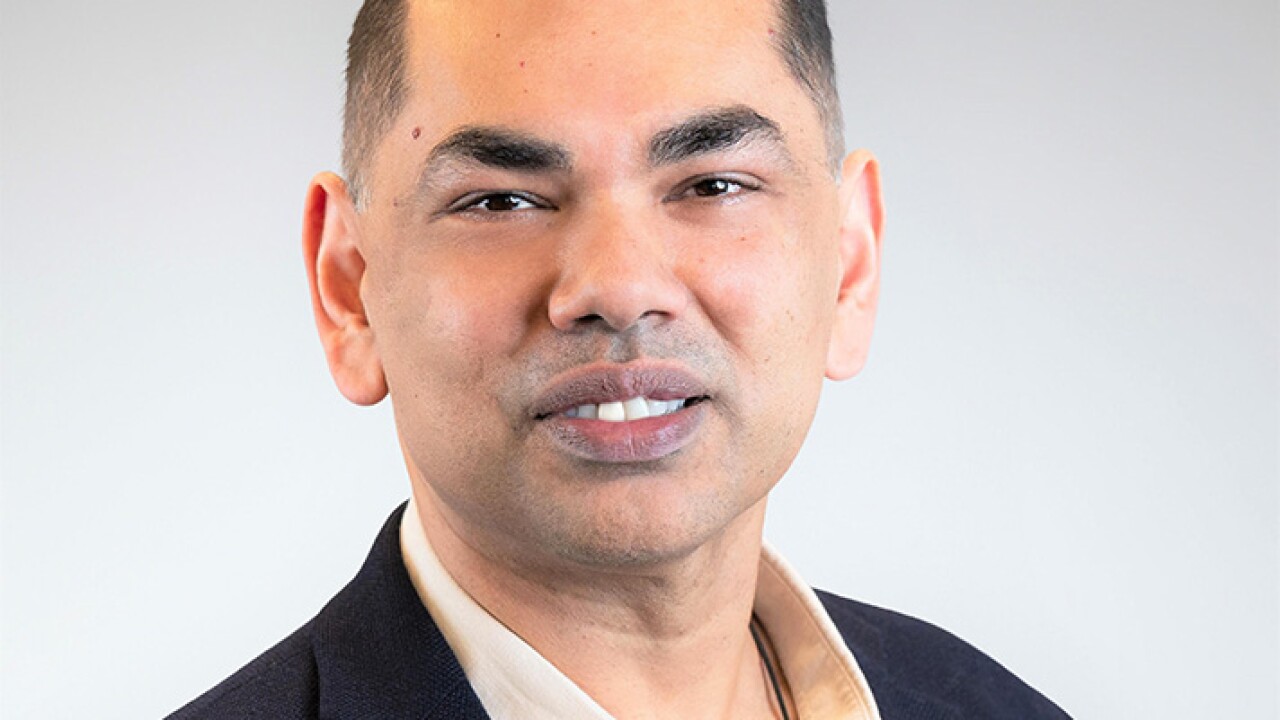Revenue-generating ideas for fully funding mass transit in metropolitan New York were plentiful at a May 8 transportation conference.
One of them was a marijuana tax, should New York State legalize the substance.
"It's not legal now, so we'd providing a new source of revenue and a new base of revenue," College of Staten Island finance professor Jonathan Peters said at a conference sponsored by the University Transportation Research Center. The center is a unit of City College of New York.
The tax was only one component of Peters' presentation.
"We keep going to the same sources, the farebox and the farepayers," said. "This would be new. You could involve the upstate growers and you could involve the millennials. Many of them ride the subway. You could even offer fun little slogans 'Smoke a 'J' and ride the subway.' "
Peters' comments drew ripples of laughter at the New York Institute of Technology Auditorium in midtown, but he emphasized that the Metropolitan Transportation Authority's funding plight is no laughing matter. The MTA is $15 billion short on its proposed $32 billion capital plan for 2015 through 2019.
The authority, one of the largest municipal issuers, has nearly $35 billion of debt and spends about $2.5 billion per year on debt service. The Straphangers Campaign subway ridership lobbying group said the MTA's debt exceeds that of 30 countries.
"That's a large amount of debt," said Peters, turning serious. "They can't keep going back to the city, cup in hand, saying please, please give me a little bit more."
Mayor Bill de Blasio announced one day earlier that New York City would increase its contribution to the MTA's capital plan to $657 million over five years. MTA Chairman Thomas Prendergast requested $2.5 billion over five years, including $1 billion to help finish construction of the Second Avenue subway.





